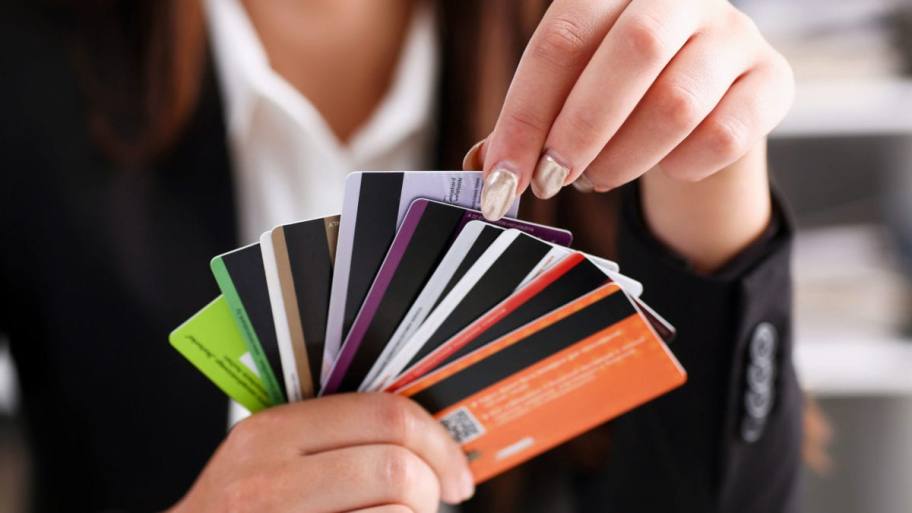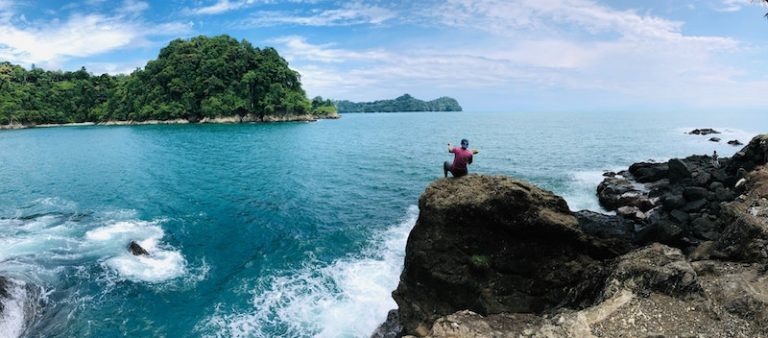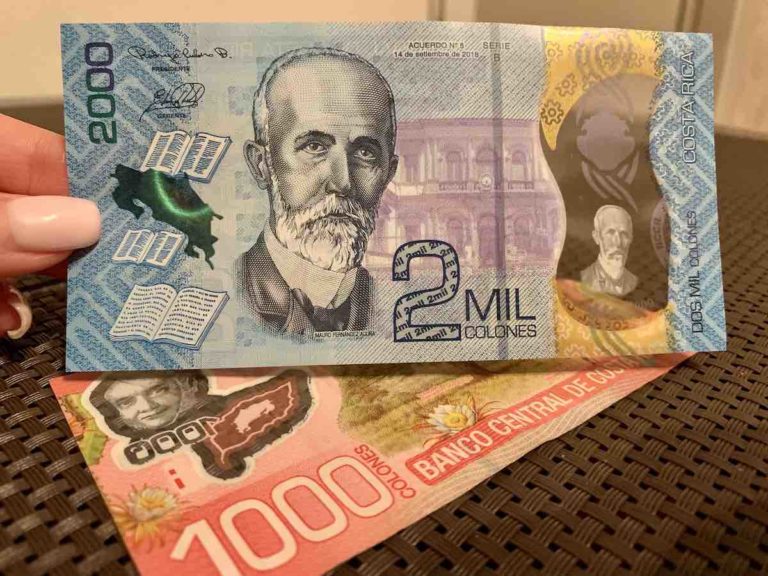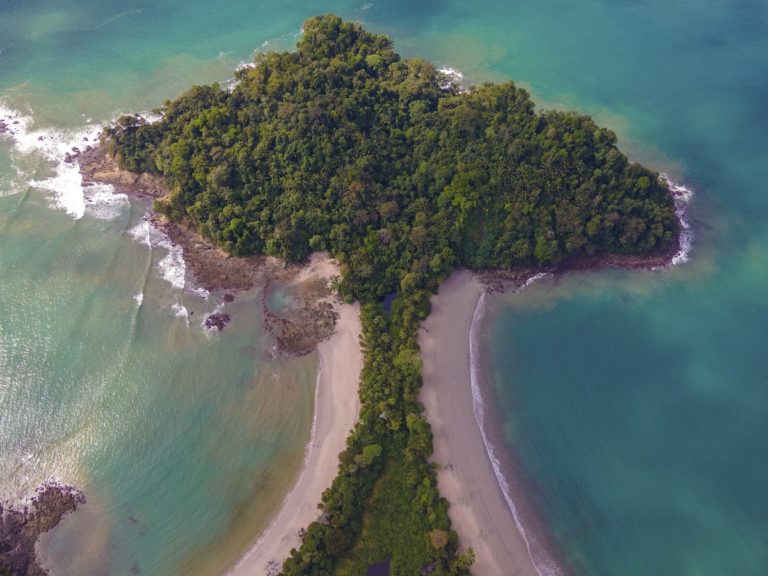How to open a bank account in Costa Rica?
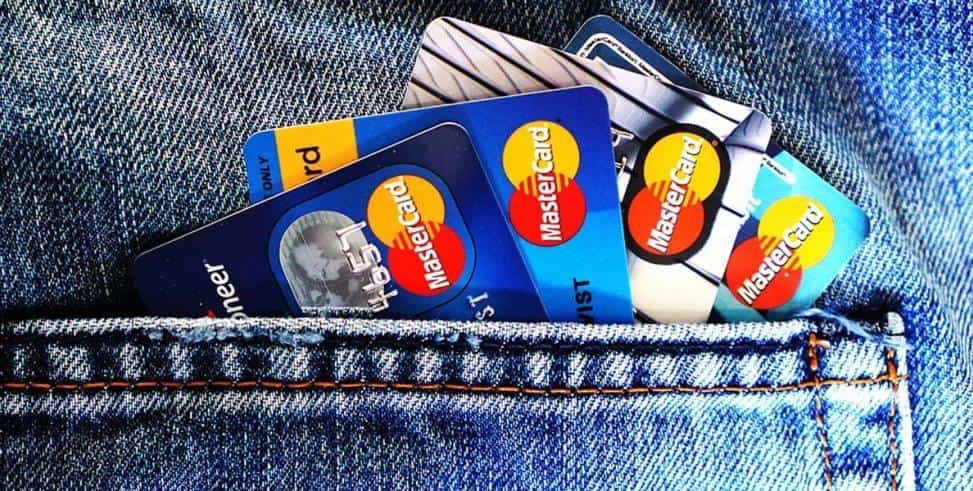
Of course, if you are moving to Costa Rica for a long time, you need to open a bank account. However, this is not as easy as it might seem at first glance. For foreigners, there are a number of requirements and conditions that must be met.
Which bank is better to choose to open an account?
First of all, the most secure options for opening accounts are state-owned banks. This is due to the fact that the Costa Rican government supports them at the state level. In addition, they have branches and ATMs in all cities of the country, which is very convenient.
The most popular state-owned banks are Banco Nacional, Banco de Costa Rica (BCR) and Bancrédito.
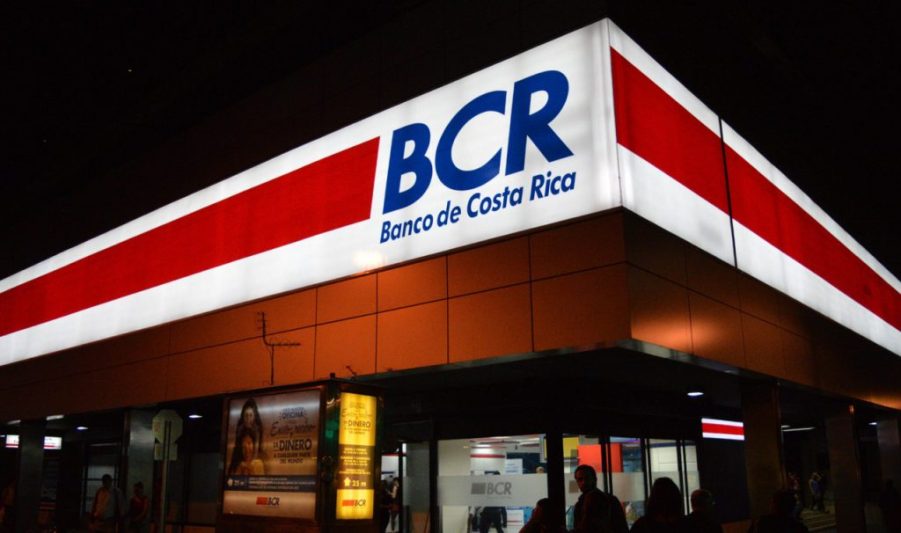
Also, private banks are another option. They provide more convenience for foreigners: short lines, bilingual staff. But on the other hand, you may have difficulty finding an ATM or bank branch nearby.
The largest private banks are Citibank, BAC San José, Scotiabank.
In conclusion, it is important to add that some banks offer dual or triple currency accounts. It is very convenient for foreigners, especially for businessmen and entrepreneurs. Therefore, if this option is the main criterion for choosing a bank for you, find out the all necessary information before opening an account.
Can non-residents of Costa Rica open a bank account?
In general, most Costa Rica banks allow only residents and citizens to open bank accounts. Nevertheless, Banco de Costa Rica (BCR) provides this option even to foreigners without a resident identification card (cedula).
To do this, you need to provide your passport and cell phone number.
Meanwhile, there are certain restrictions for non-residents: it is allowed to deposit no more than $ 1000 per month into the account.
What do you need to open a bank account?
Overall, if you want to open a bank account in Costa Rica, you need to provide a number of documents:
- a foreign passport with a stamp of legal entry into the country;
- proof of residence (utility bills, lease agreement);
- proof of your income;
- minimum deposit (depends on the type of account, usually from $ 25);
- a letter from the employer with the company stamp (if employed);
- reference letters from the financial institutions in your country (depending on the bank).
However, each bank has its own rules for opening accounts. Therefore, it is best for you to check all the information with the bank that you have chosen.
